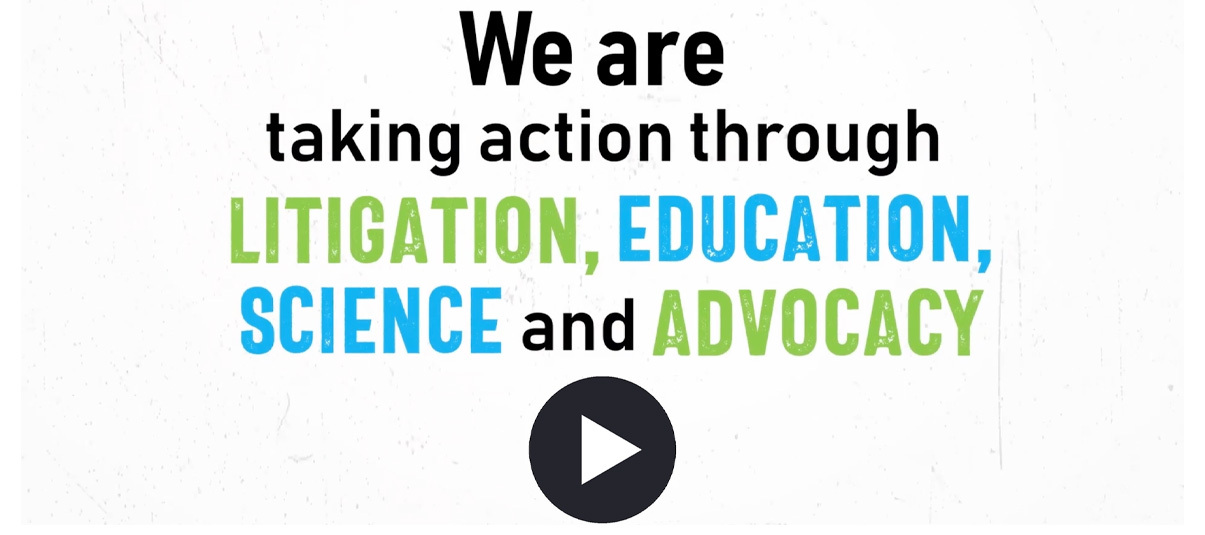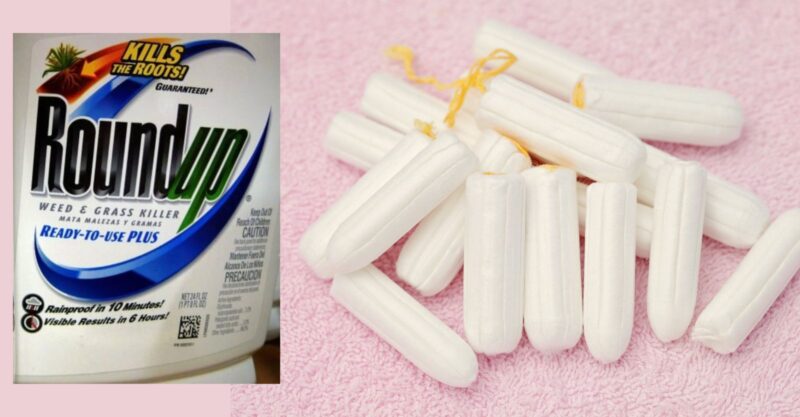Glyphosate in Tampons? New Report Reveals Alarming Levels in Menstrual Products
A new UK report has uncovered something deeply troubling for women: toxic pesticide residues—40 times the legal limit for drinking water—have been found in tampons.
The pesticide in question is glyphosate, a chemical many Canadians know as the controversial weedkiller sprayed on our food, our parks, and now—apparently—in products intended for intimate use.
According to the investigation by PAN UK, the Women’s Environmental Network, and the Pesticide Collaboration, traces of glyphosate and its toxic breakdown product AMPA were found in tampons sold by major UK retailers. This raises serious red flags—especially because chemicals absorbed vaginally go straight into the bloodstream, bypassing the body’s natural detox systems.
If glyphosate is considered unsafe to drink, why is it being allowed anywhere near young women’s reproductive systems?
A Health Crisis Hidden in Plain Sight
Glyphosate is classified as “probably carcinogenic to humans” by the World Health Organization’s cancer research arm. It’s been linked not just to cancer, but to Parkinson’s disease, endocrine disruption, and gut inflammation. Researchers have even found it in breast milk and umbilical cord blood.
Many parents already work hard to reduce their family’s exposure to glyphosate by choosing organic food and avoiding public spaces after spraying. But most people have no idea that tampons—used monthly by girls and women for decades—may contain residues of this chemical.
Let’s be clear: cotton is one of the most pesticide-intensive crops in the world, and conventional tampon production doesn’t require testing for pesticide residues. There is no Canadian regulation requiring transparency around what’s in these products, and Health Canada has yet to act.
The Call to Action
At CHD Canada, we believe parents have a right to know what’s in the products their children use, especially those designed for one of the most absorbent parts of the body. We also believe in preventative health and informed choice, not forced exposure to endocrine disruptors and probable carcinogens.
What can you do?
Choose organic, pesticide-free menstrual products when possible
Demand transparency and regulation from Health Canada
Support brands and retailers that disclose their ingredients and third-party test their products
Share this story with other parents—many still don’t know
Our Daughters Deserve Better
This isn’t just about tampons. It’s about a system that continually puts profit before precaution. It’s time to shine a light on hidden chemical exposures—and to fight for safer products, cleaner food, and a healthier future.
Source: The Guardian
****************************************************************************************************************************

